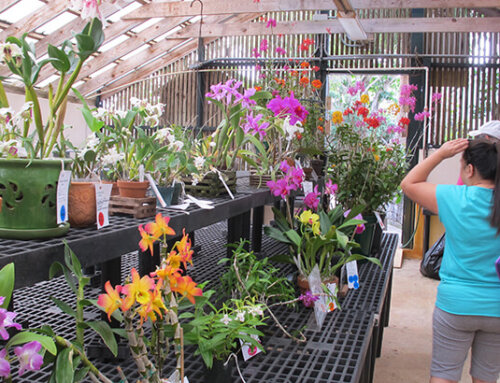Do you know… why Bermudians are nicknamed ‘Onions’?
by Horst Augustinovic
During the 1800s, onions, arrowroot, potatoes, celery, tomatoes, beets, carrots and later Easter Lilies were important export crops from Bermuda. Bermudian seamen became known as ‘Onions’ and Bermuda was referred to as ‘The Onion Patch’.
In 1875, 4,000 tons of onions were shipped to New York on the twice-monthly steamers and this continued until World War I when shipping almost came to a standstill.
This trade further declined after World War I when the United States imposed ever-higher import tariffs, and especially when farmers in Texas began selling their onions as ‘Bermuda Onions’. Consequently the export of Bermuda onions dropped from 153,000 crates in 1914 to just 21,570 crates in 1923.
Texas – where the first Bermuda onion seeds were planted in 1898 – on the other hand started shipping Bermuda onions to northern markets already one year later. By 1907, over 1,000 railway carloads of onions were shipped, a figure that almost tripled two years later. Following World War I, shipments increased to around 7,000 carloads annually. Bermuda could no longer compete.
In the 1930s the Bermuda Trade Development Board tried to reverse the trend by mailing postcards to overseas recipients, advising them that:
“It is the flavor of a genuine ‘Bermuda’ that is so different. Maybe it is the Sunshine and Sea Breezes down in beautiful Bermuda or some magic in the soil that is responsible, but whatever it is the flavor tells the difference immediately. Be careful then to always look for the crate as shown in this picture: that is how genuine ‘Bermudas’ are shipped. See that it is marked ‘from Bermuda Islands’ and you’ll know you are getting the real thing.”
Today onions are Texas’ leading vegetable crop worth around $350 million annually to the Texas economy.





